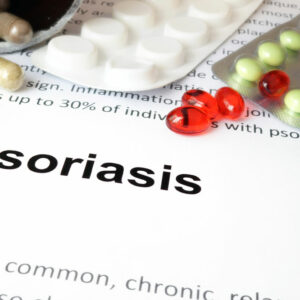
5 food elimination plans for allergies
Food allergies are unpredictable and can have mild to severe symptoms, such as bumps, rashes, choking, or breathing difficulties. One approach to managing food allergies is through adopting an elimination meal plan. This plan involves temporarily removing certain foods from your regime to identify which ones are causing your symptoms. There are several types of food-elimination nutrition plans for allergies. This article will discuss the most common ones that are used by individuals. Food elimination nutrition plans for allergies Traditional elimination plan The traditional elimination meal plan involves removing common allergenic foods from your meals for a while, typically for two to four weeks. These foods often include dairy, soy, wheat, corn, eggs, peanuts, tree nuts, fish, and shellfish. After this period, one food is reintroduced, and any reactions are noted. Then, you repeat the same for other foods. The traditional elimination nutrition plan is typically used for people with conditions such as eosinophilic esophagitis (EoE), which is caused by an allergic reaction to certain foods. This condition may manifest as chest pain, heartburn, abdominal pain, vomiting, trouble swallowing, and stunted growth in children. Modified elimination plan The modified elimination plan is similar to the traditional one but more restrictive.











